Revitalizing landscapes and ecosystems in Ethiopia’s Central Rift Valley
The Ziway-Shalla Basin in Balance program addresses the root causes of the decline in water quantity and quality in the basin. The program uses an integrated landscape approach to support farmer communities in improving their productivity, using water more efficiently and restoring soil fertility in the landscape. The program is a public-private partnership financed by the Netherlands Enterprise Agency (RVO) that runs from 2019 to 2024.
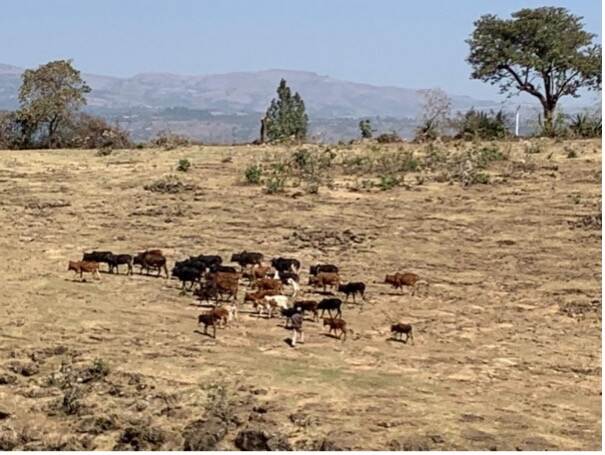
The Ziway-Shalla basin is situated in the Central Rift Valley in Ethiopia. This valley is a key wetland area with highly degraded catchments due to years of unsustainable agricultural and grazing practices in the context of climate change. As a result, soils are increasingly unsuitable for economic activities while local lakes fill up with sediment from the upland slopes. Unsustainable farming and overgrazing leave soils bare, causing soil loss and erosion. This affects the Central Rift Valley's unique endorheic lakes, where rainwater accumulates and slowly evaporates.
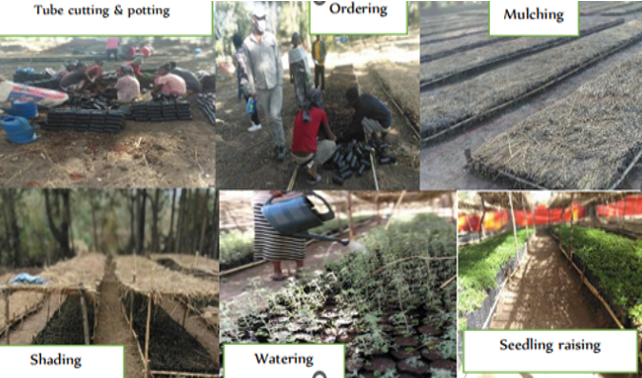
High levels of erosion
These lakes have a diverse biodiversity, including migratory birds. Lake Ziway and its rivers are essential sources of freshwater and the hub of the region's agricultural economy, which is threatened by erosion. Sedimentation of the lakes due to erosion decreases their water depth and leads to higher evaporation rates, posing risks to both economic activities and nature. Additionally, unsustainable agricultural practices increase flood risk as bare soils have low water retention, causing water to quickly flow towards rivers during precipitation events. This results in hazardous floods for people, animals, and infrastructure around the rivers and lakes.
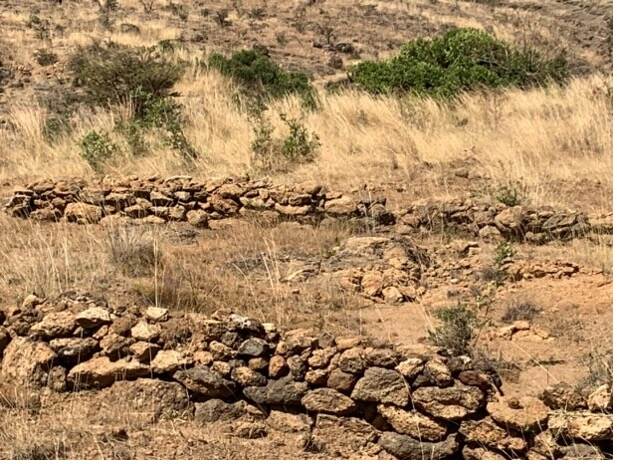
Decline in water quantity and quality
The Ziway-Shalla Basin in Balance program aims to address the root causes of the decline in water quantity and quality in the Ziway-Shalla basin caused by:
- Unchecked and inefficient use of irrigation water
- Lack of transparent and fair water allocation and sharing model and limited institutional framework and capacity for basin management
- Poor watershed management
The program is a public-private partnership financed by RVO that runs from 2019 to 2024. Led by Wetlands International and its partners Acacia Water, Joytech, Meki Batu Union Cooperative, RVLBAO, and World Waternet. To achieve its goals, it works closely with farmer communities on nature-positive livelihood opportunities and restoring soil fertility in the landscape. Also, it helps smallholder farmers to improve their productivity and use water more efficiently through nurseries and demonstration fields functioning as training ground.
In a close partnership with the local public authority responsible for the basin management, the program strengthens institutional capacities to develop a participatory Water Allocation Plan (WAP) for the region. Furthermore, it is undertaking a range of sustainable watershed interventions in the upland area at some of the most critical sites. That way, it aims to generate on-farm benefits for upland farmers while increasing their awareness of unsustainable land management, subsequent erosion, and long-term consequences.
Community Based Organizations
The program combats unchecked erosion by restoring the catchment and promoting sustainable practices among upland farmers. To ensure community ownership, it has assessed critical sites for erosion and formed Community Based Organizations (CBOs) with 180 members. The CBOs have demarcated areas, created bylaws for protected areas, built sustainable conservation structures, planted 19,000 seedlings, and monitored progress.
They have received support and seed money to set up nature-positive business plans, which revitalizes their livelihoods and creates a sense of local ownership. The program also supports improved agroforestry and agricultural practices on private lands. Overall, the program empowers communities to combat erosion and create sustainable livelihoods.
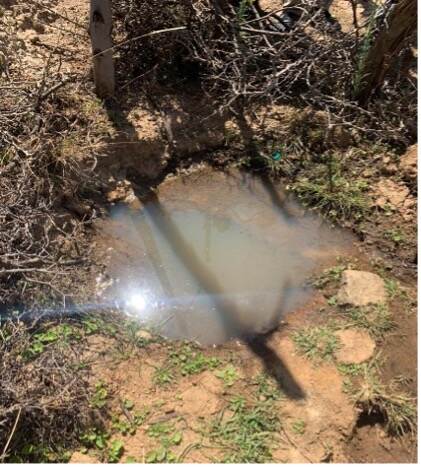
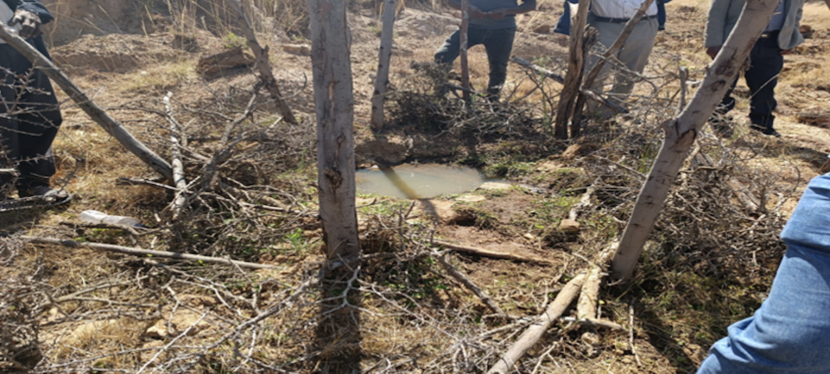
New innovative practices
The project also invests explicitly in innovation through a pilot with more experimental techniques. It has collaborated with a Dutch start-up called EcoKick, which develops foldable structures made from biodegradable cardboard fibres. These fibres contain seeds, as an innovative intervention to capture sediment.
The first results of the pilot seem promising, with good rates of sediment capturing capacity compared to other techniques. Currently, the project is still monitoring the site to see how it performs over a longer period, while at the same time exploring how a technique such as this could be scaled up.
‘In a close partnership with the local public authority, the program strengthens institutional capacities to develop a participatory Water Allocation Plan’
Scaling up best practices
The Basin in Balance approach has been very successful and so far 500 hectares have been restored. Also, 853 upland farmers have been empowered and their livelihoods have been improved. By the end of the project, the foundation for rebalancing the Ziway-Shalla Basin will have been laid, including improved income for farmers, a Water Allocation Plan ready to be more widely implemented and lessons on increasing soil fertility across the landscape.
However, to safeguard the lakes, best practices need to be scaled up. The project team is currently exploring how to achieve this. In the meantime, the government must take up the current best practices through:
- The role that the Rift Valley Lakes Basin Administration Office (RVLBAO) can play. Catchment restoration is one of the main responsibilities and mandates of Basin Administration Offices under the Ministry of Water and Energy. Through support of this project RVLBAO has been capacitated in integrated water resource management.
- Feeding in the learned lessons and best practices to larger scale national governmental programs and donor initiatives to support upscaling and achieving larger impact.
The project in the Ziway area shows that the Netherlands with its knowledge and international experience can add significantly to a more nature-inclusive agriculture in an African country like Ethiopia. Local partners involved in the project really appreciate the Dutch integrated approach, in which elements such as agriculture, nature, water and soil are combined and complement each other. The agricultural team at the Netherlands Embassy in Addis Ababa is monitoring the project in Ethiopia, which they think is a nice example in which the L and N of their Ministry of LNV come together.
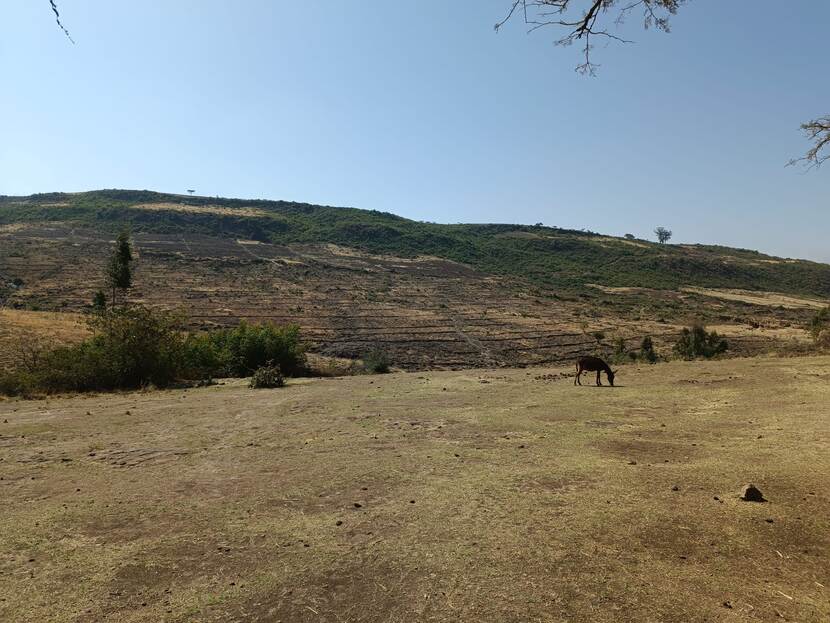
Contact
Would you like to know more about the current developments in the domain of agriculture and nature in Ethiopia or contact the agricultural team at the Netherlands Embassy in Ethiopia?
You can visit the country page of Ethiopia at the website agroberichtenbuitenland.nl of the Netherlands ministry of Agriculture, Nature and Food Quality. You can also send an email to ADD-lnv@minbuza.nl
This article is part of the latest edition of e-magazine Agrospecial (June 2023) about nature-inclusive farming. The teams of our Netherlands Agricultural Network showcase nature-inclusive practices and initiatives in 36 countries worldwide. They delve into the development, benefits and challenges of this innovative farming approach. Each team has a different story to tell. Click here to read more about insights into the potential of nature-inclusive farming practices worldwide!